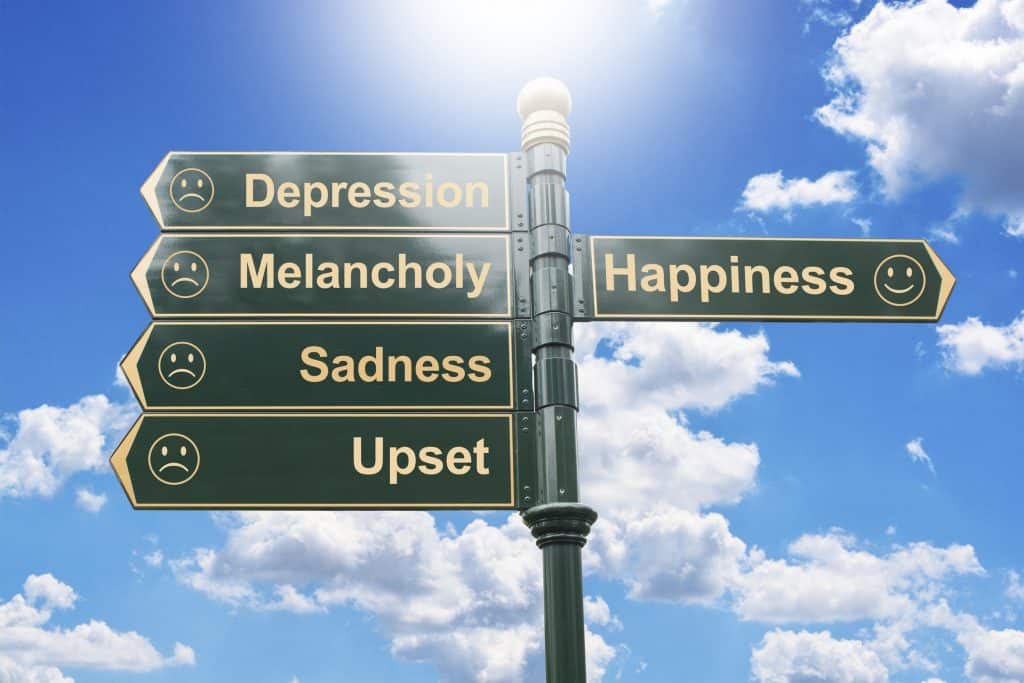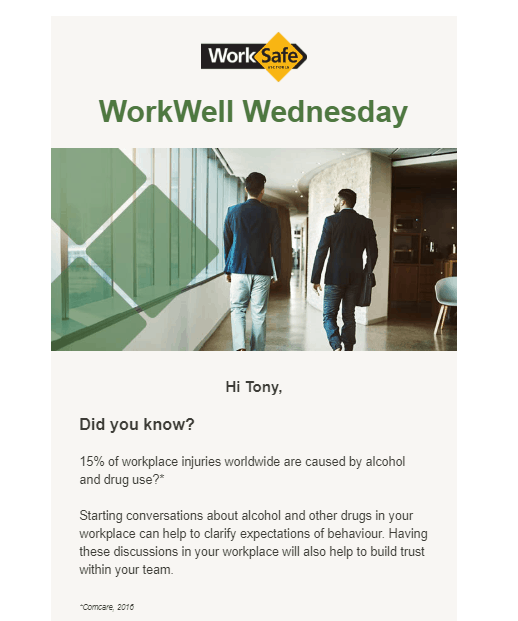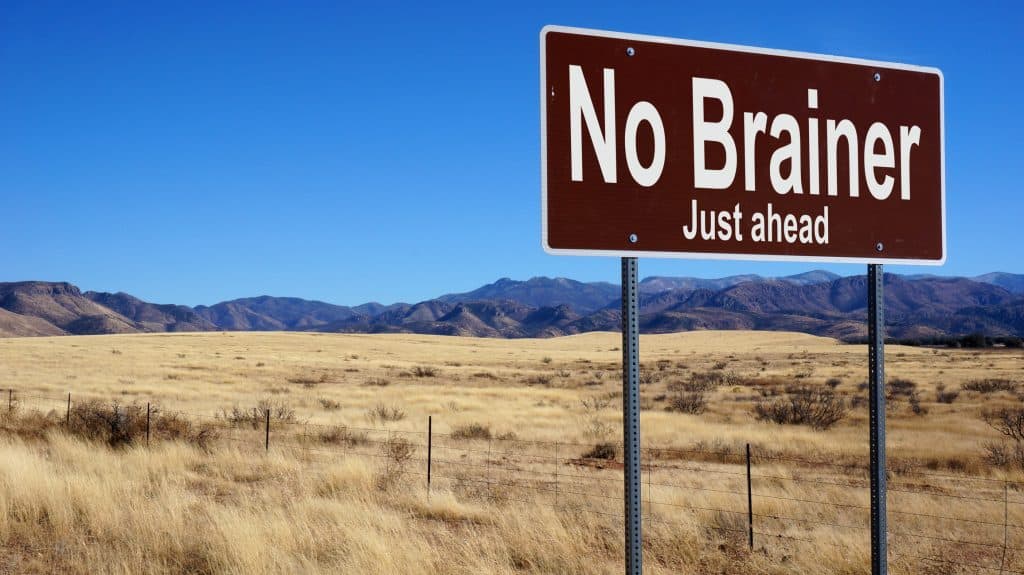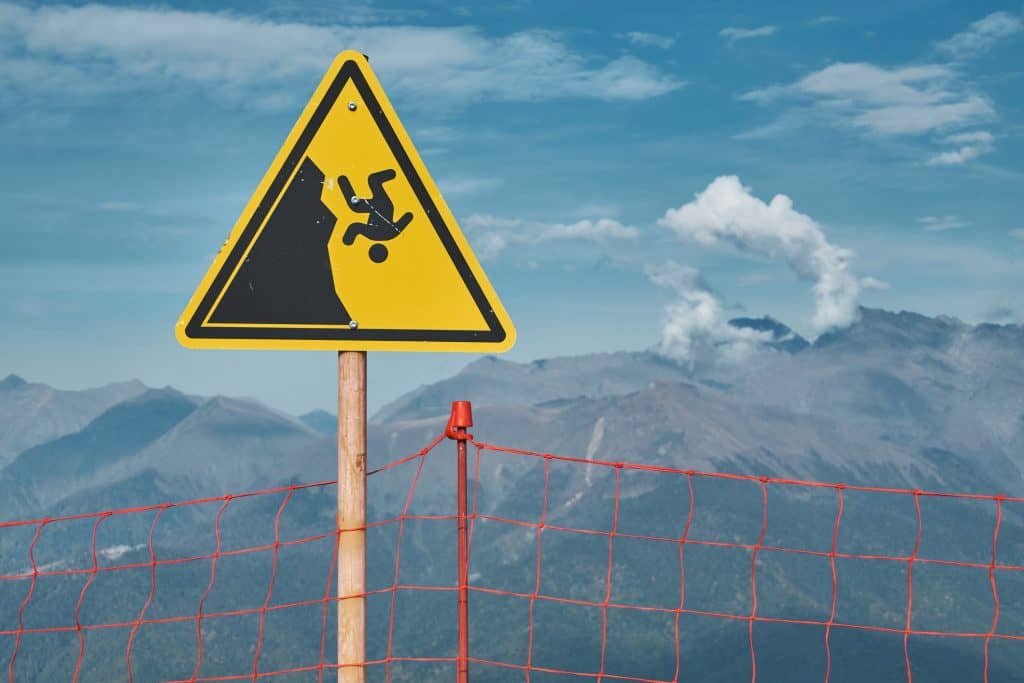I am very sad tonight to write about the death today of prominent researcher, academic and lovely person, Allison Milner. Her work was vitally important to broadening our understanding of psychological health at work and suicides. Her research and perspectives were fresh and innovative.
Less than a month ago I spoke with Allison at a Suicide Prevention Conference. She was generous in her support of my work, knowing that this blog was a useful platform for spreading the awareness of her work.
My deepest sympathy goes to her husband and children.





